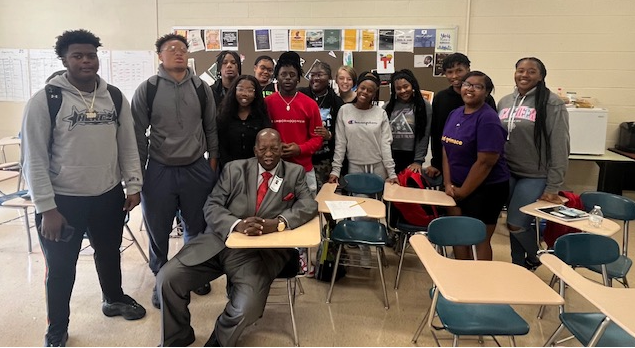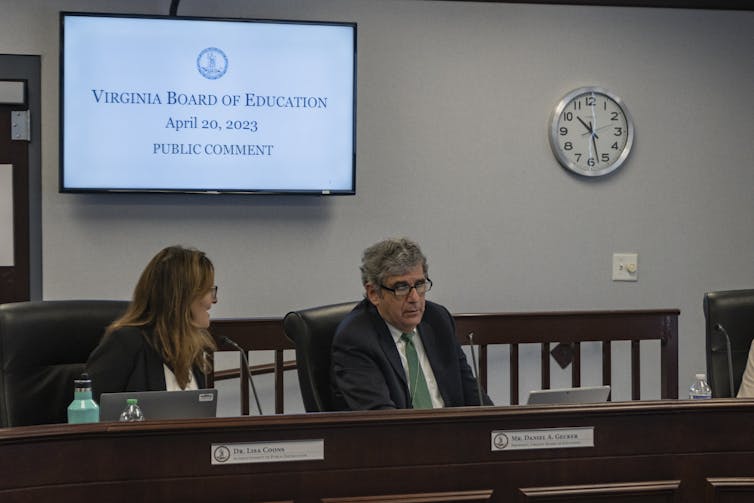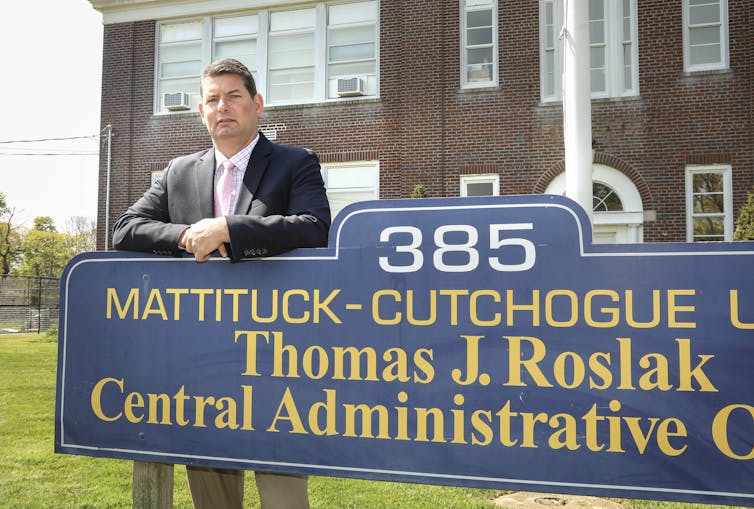Introducing UTK ERO: Your Bridge to Education Excellence
By Karina Beltran
The Educational Leadership and Policy Studies Department (ELPS) within the College of Education, Health, and Human Sciences (CEHHS) is proud to announce the launch of the Education Research & Opportunity Center (UTK ERO). UTK ERO represents the merger of The Center for Education Leadership, The Postsecondary Education Research Center, and the College Access and Persistence Services Outreach Center. UTK ERO builds on the long tradition of excellence established by these prior CEHSS efforts with a renewed passion and enhanced capacity for producing high-quality research, delivering high-impact outreach, and improving policy and practice in education.
The mission of UTK ERO is to produce high-quality research, conduct high-impact outreach, and promote effective policies and practices that increase educational success and opportunity.
High Quality Research
Our research spans the entire education spectrum, from early childhood to adult education, addressing critical issues in education policy and practice. At UTK ERO, we hold our research to the highest standards, making sure it is:
- Relevant: We understand the importance of timely, pertinent research. Our work focuses on critical educational issues, and we strive to deliver research that matters when it’s needed most.
- Rigorous: Trust is paramount. All our research undergoes a rigorous internal and external review process to ensure methodological soundness, responsible data management, and freedom from errors or biases.
- Actionable: We bridge the gap between academic concepts and real-world impact by providing concrete action steps for policymakers, school leaders, and educators.
- Accessible: We believe in making knowledge accessible to all. Our research findings are disseminated through a variety of channels, including social media, website blog posts, podcasts, and practitioner-oriented venues. We present results in graphical, text, audio, and video formats.
High Impact Outreach
As a land-grant university, the University of Tennessee takes pride in enhancing economic, social, and professional opportunities for all Tennesseans. UTK ERO manages five U.S. Department of Education TRiO outreach and student services programs, all designed to increase college access and success for first-generation, low-income students in East Tennessee and surrounding rural areas.
Our outreach programs are guided by these core values:
- Service: Our main priority and passion are to increase access to and success within postsecondary education for students from disadvantaged and historically underrepresented groups. Every student, every opportunity.
- Stewardship: We are committed to managing public resources and funds with the utmost responsibility, transparency, and fiscal integrity. We aim to create a safe, positive, and fair environment for our employees and the students we serve.
- Community: Our connection with the communities we serve is central to our success. We value engagement with and support of these communities, maintaining regular and effective contact with our project partners to provide comprehensive, community-specific support for students and communities.
Stay Connected
For more information, please visit the UTK ERO website at ero.utk.edu. There you can follow UTK ERO on social media, receive news and updates related to our research and outreach, and follow our blog!
Website: ero.utk.edu
Social Media Platforms
Instagram: https://www.instagram.com/utk_ero/
Meta: https://www.facebook.com/people/The-Education-Research-Opportunity-Center/100090028087658/
LinkedIn: https://www.linkedin.com/company/education-research-and-opportunity-center/about/












